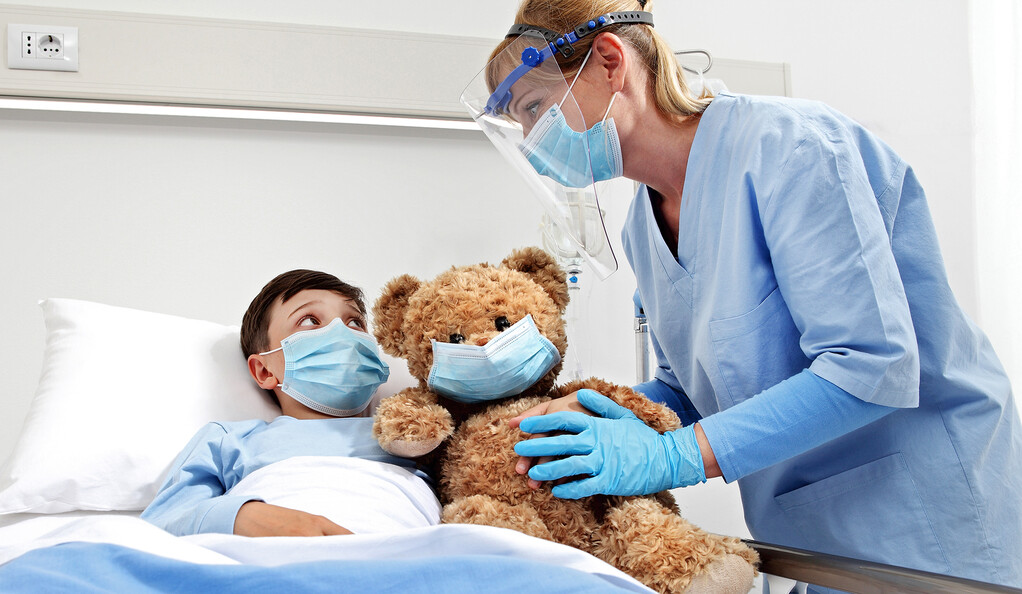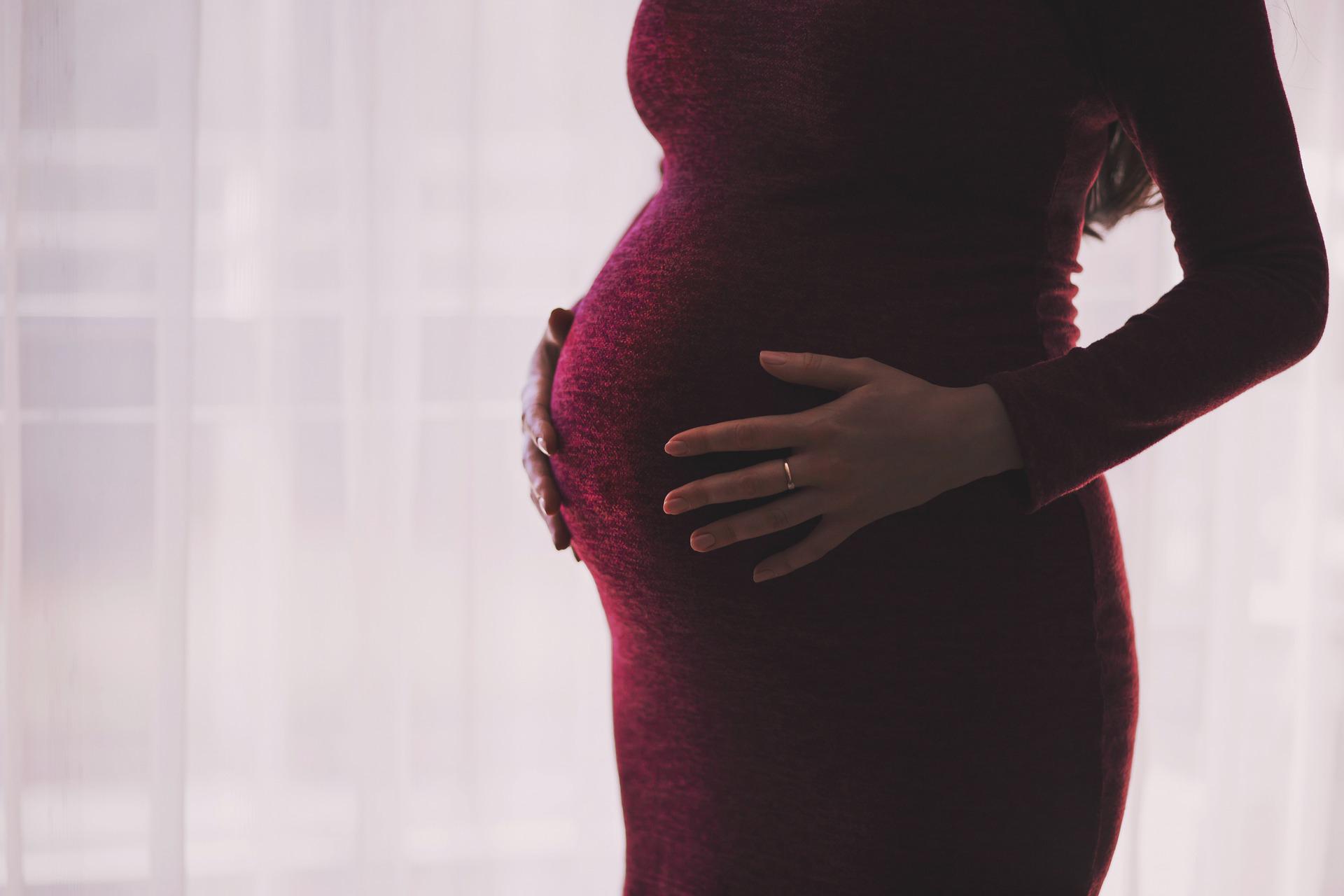Complications in IVF Pregnancy
Now we all know that assisted reproductive technologies are practiced all over the world and we also know that 5 million babies have been born as a result of ART. This is via a study which has been given by Richard et al and this has been published in 2020 and the demand for ART is still increasing and in most developed countries the percentage of babies who are being born or conceived through IVF has been 1% to 5%.
Now dealing with all complications, let’s first start with early pregnancy complications and it is well known to us that it is ovarian hyperstimulation syndrome. It is very unique to fertility treatment and the incidence is mild around 33%. It should have evidence-based protocols for assessing and managing these patients and moderate-to-severe cases the percentage is 3.1% to 8%. These patients have to be admitted so reporting of this case is very important and though the incidence of OHSS is very low regarding hospitalization which is around 0.3%. This has been given in 2010 data from 25 European countries. Regarding miscarriage, biochemical pregnancy loss, this is around 15% to 20% and the reasons are still unclear. Maybe it is associated with maternal age more than 40 or smoking or maybe poor embryo quality at transfer. Now regarding the clinical miscarriage rate is that when the cardiac activity we see around 6 weeks and this is around 15%. Also, it is similar to spontaneously conceived pregnancies.
Now as regarding ectopic pregnancy the largest prospective studies have told the incidence to be between 2 to 2.2% similar to the general population. So early ultrasound scan should be done. Even heterotrophic pregnancies are common in IVF. Regarding maternal medical complications, yes there are increased risks of PIH, preeclampsia, gestational diabetes mellitus, and venous thromboembolism and for those with spontaneous conception around the relative risk is 1.4%. The fetal risk in multiple pregnancies can be low birth weight, necrotizing enterocolitis, congenital malformation, cerebral palsy, preterm birth, and NICU admissions. So we all know that most of the pregnancies are dichorionic twins and the incidence of monozygotic twins can be somewhere between 0.9% to 2%
To know more about complications of IVF in pregnancy, you can enroll in the lecture Complications in IVF pregnancy by Dr. Renu Tanwar, Professor & IVF Consultant, IVF & Reproductive Biology Centre,
Dept of Obs & Gynae – MAMC, New Delhi, here, https://docmode.org/complications-in-ivf-pregnancy-dr-renu-tanwar/




















